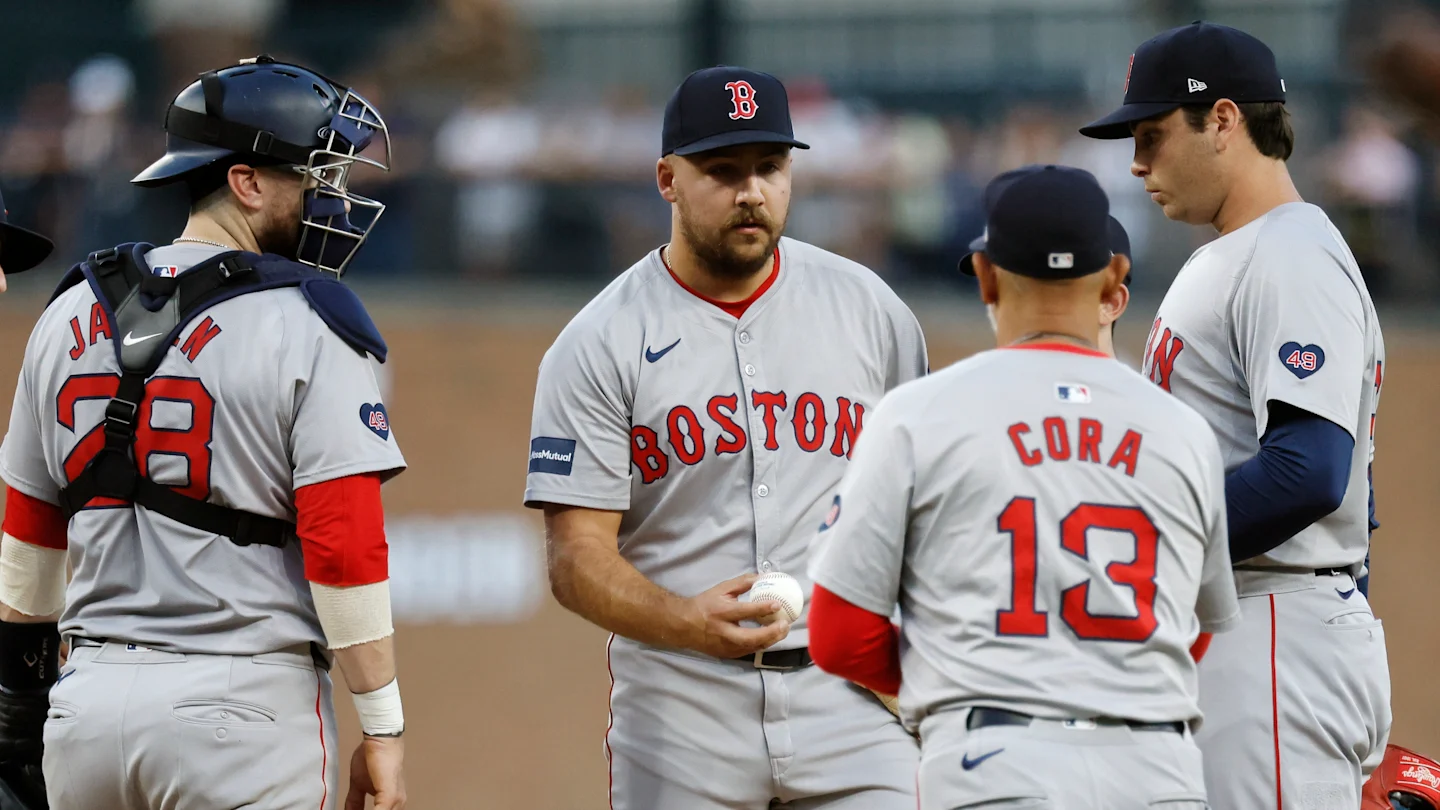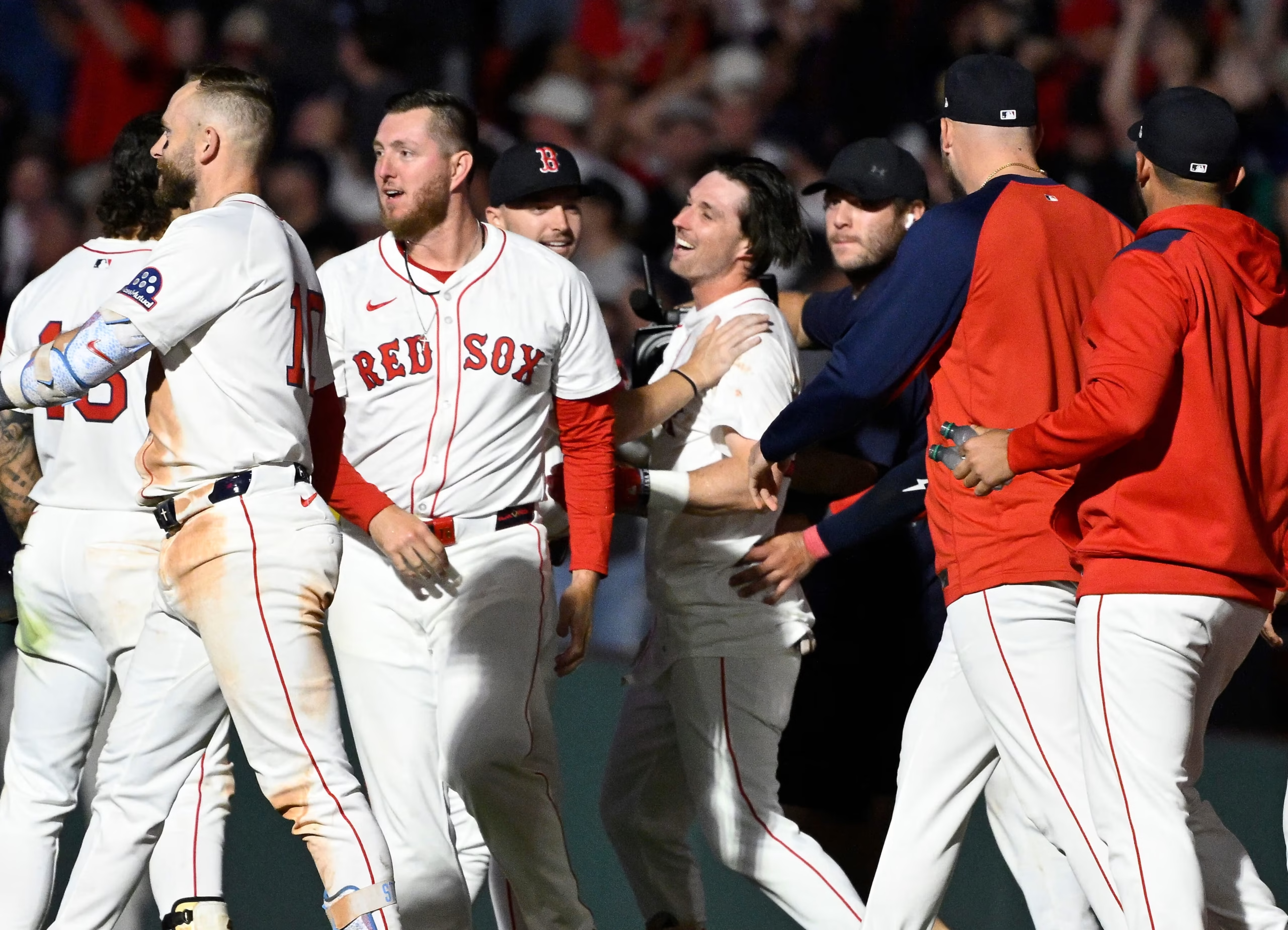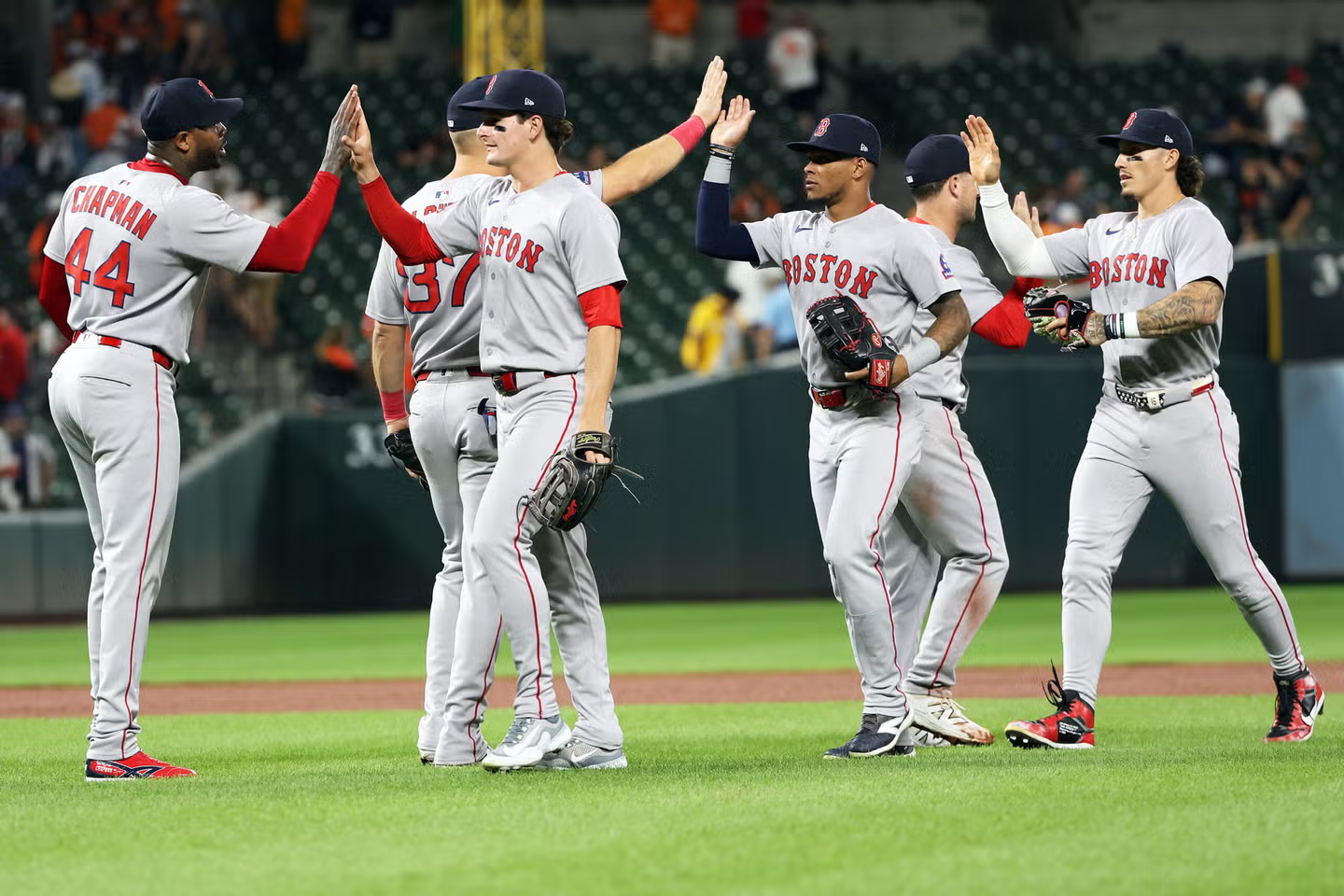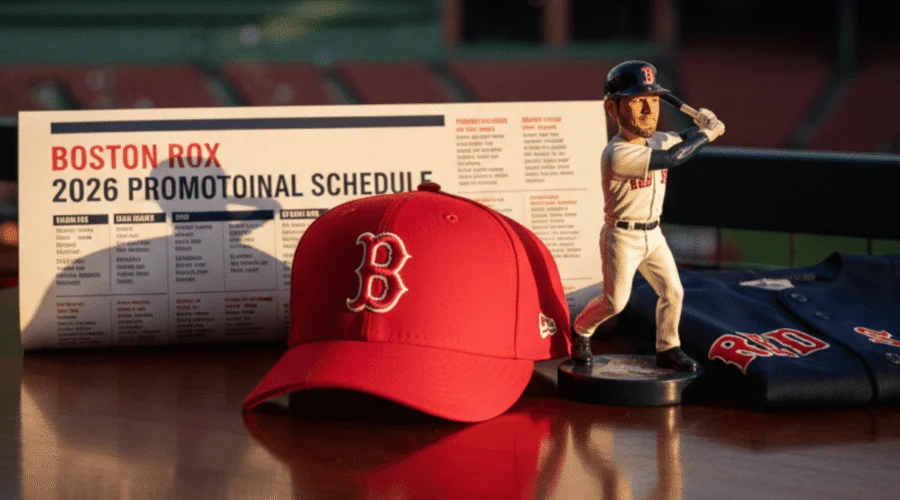The Boston Red Sox are officially parting ways with starting pitcher Dustin May following an underwhelming and injury-plagued tenure that failed to meet expectations. After being acquired at last year’s trade deadline, May’s brief stint in Boston never quite found its rhythm, prompting the club to move on as he enters free agency this winter.
When Boston traded for the 28-year-old right-hander, the move was seen as a bold effort to bolster the rotation with a proven winner. May brought postseason experience and a World Series ring from his time with the Los Angeles Dodgers, and Chief Baseball Officer Craig Breslow praised his pedigree and potential impact. At the time, the Red Sox envisioned him as a stabilizing force down the stretch and possibly a long-term fit.
However, May’s time in Boston proved to be anything but steady. In six appearances — five of them starts — he struggled to a 1–4 record with a 5.40 ERA before suffering an elbow injury on September 3 that ended his season early. The injury not only cut short his campaign but also cast serious doubt on his future role with the organization.
In May’s absence, the Red Sox leaned heavily on their next generation of arms, calling up promising young pitchers Payton Tolle, Connolly Early, and Kyle Harrison. Each showcased flashes of brilliance, giving Boston renewed confidence in its future rotation. With Garrett Crochet, Bryan Bello, and Lucas Giolito already leading the staff, the Red Sox suddenly find themselves with more viable options than spots available.
That emerging depth made May’s departure all but inevitable. While other clubs in need of pitching could take a chance on the veteran, Boston appears focused on youth, durability, and long-term development. The front office has made it clear that the organization’s future lies in nurturing its homegrown arms rather than relying on short-term veterans.
Dustin May’s Boston chapter may have been brief, but it served an important purpose — helping the Red Sox realize the value of their young core and the importance of stability in the rotation. As the team looks ahead to 2026, Boston will move forward without May, confident that the next wave of pitchers can carry the torch and deliver sustained success at Fenway Park.
